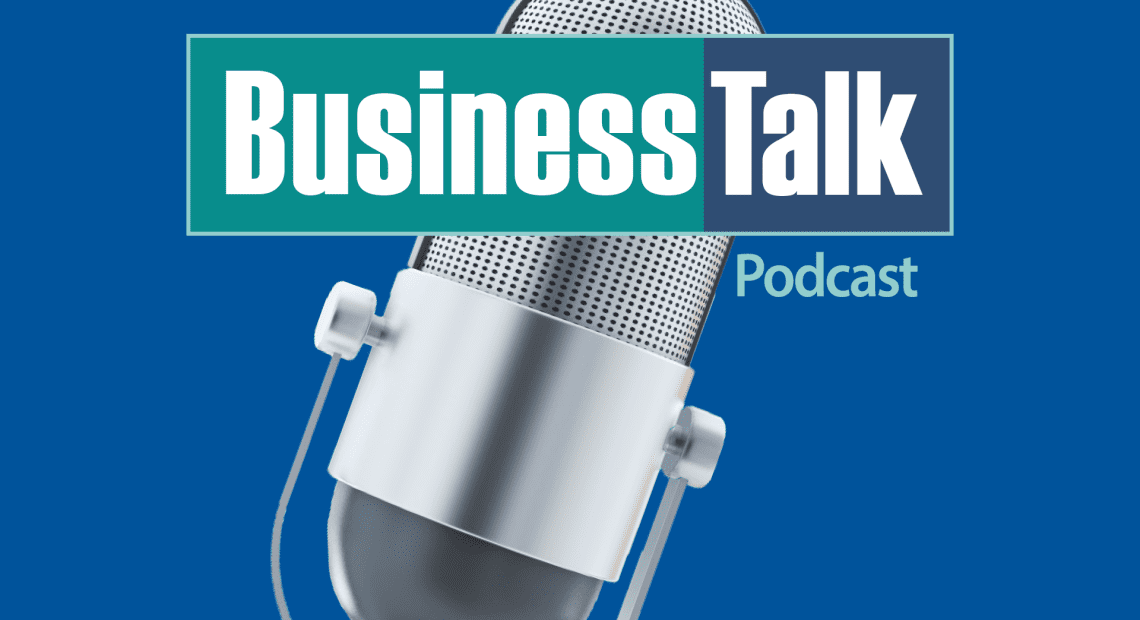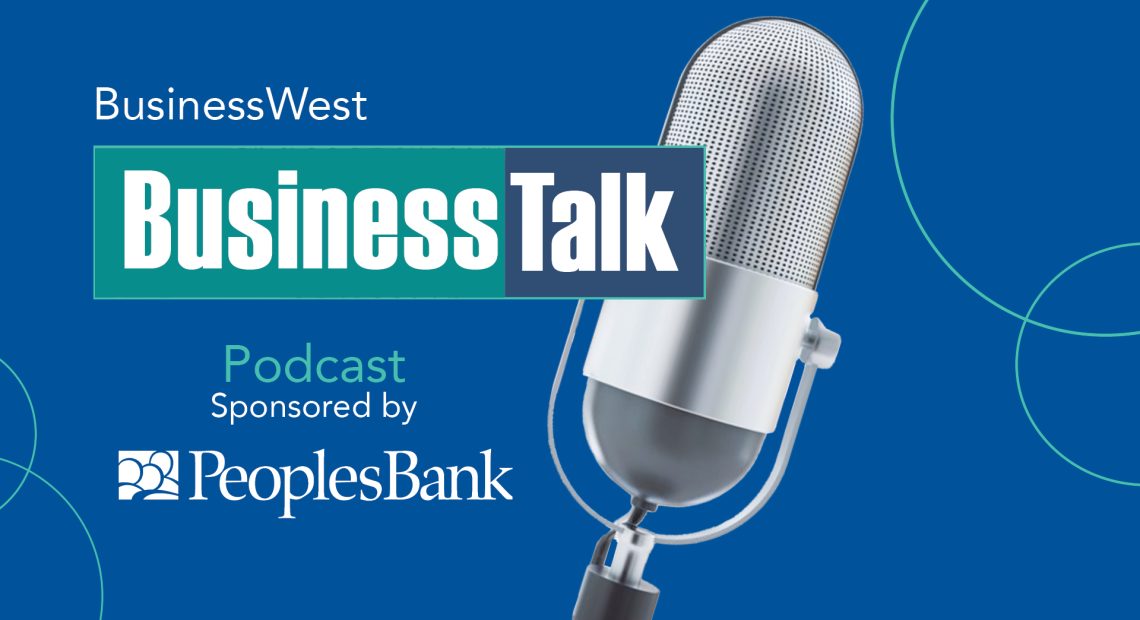Mental Health Shouldn’t Take a Break

Dr. Negar Beheshti
How do students stay emotionally healthy during a long stretch of school vacation?
Dr. Negar Beheshti, a board-certified adult, child, and adolescent psychiatrist and chief medical officer for Holyoke-based MiraVista Behavioral Health Center and its sister hospital, TaraVista Behavioral Health Center in Devens, recommends a balance of structured fun and learning. She recommends as well that primary-care givers, be they parents or other guardians, do their due diligence to keep everyone safe and engaged in behavior that supports mental health.
With that in mind, BusinessWest asked Beheshti to talk about ways to make school breaks beneficial for students of all ages.
BusinessWest: What expectations around behavior are good to set during this time away from school?
Beheshti: This is a conversation geared to the child’s age. For example, children in elementary school may be doing a lot of summer-camp activities, and this is an opportunity to talk about appropriate behavior with other peers at the camp.
Should there be other informal activities for this age group more regulated by parents and guardians, it is good for primary caregivers to get to know them, advise their children to stay away from people they don’t know, and know that all activities are in a safe space, contained and chaperoned by an adult.
When you get to the tweens, they may not want the regular, structured routine of summer camp. However, it is still good to do some type of structured program, as it gives middle-schoolers the opportunity to continue social development and promotes new learning opportunities. Some school districts offer enriched learning programming at least part of the day that holds the potential to explore something new in a fun way.
The state Executive Office of Education has a web resource page (www.mass.gov/info-details/summer-learning) on summer programs for youth that are a mix of academic and the recreational.
BusinessWest: What about older teens? How can parents and guardians balance their desire for freedom with safety and wellness?
Beheshti: Young people old enough to hang out with their friends without an adult chaperone should have some type of device that allows their primary caregiver to reach them. There are all types of devices today, from smartphones to smartwatches, by which you can regulate whom your child can contact and track their whereabouts.
Again, you want to do your due diligence as a primary caregiver, get to know any parents or other guardians involved, know your young person is in a safe place, and, if they are going out, where they are headed and when they will return.
Parents and guardians should prepare as well for some age-appropriate talks on the expectations and pressures of friendships and relationships and that discourage experimentation with substance use. Drug-overdose deaths of teens have spiked in recent years; underage drinking remains a serious health problem in this country, and studies on the impact of the legalization of adult cannabis show an increase in use among teens.
High school brings a little more autonomy for teenagers and the need for more candid discussions on dating and substance use, including that the minimum legal age for buying, transporting, or drinking alcoholic beverages is 21.
“Parents and guardians should prepare as well for some age-appropriate talks on the expectations and pressures of friendships and relationships and that discourage experimentation with substance use.”
There is value for a teen who is old enough to look for a job. It gives the ability to have more autonomy and more cash to spend and save, and is a good use of their free time.
Parents and guardians should continue their due diligence in knowing who their child is hanging out with in high school, where they are going, and when they will return.
College students can be bit of a conundrum because they are adults. Maybe it is time to say they are coming back home as adults, and you will hold them to that standard in terms of their personal habits around the house.
They are old enough to get a job. This, again, allows them more bandwidth in what they might want to purchase for themselves, help with cost-of-living expenses when they are home, and helps structure their time.
Having structure is key in helping young folks during the summer not get distracted and into risky situations, as is knowing their friends. Have their friends (new and old) over the house and meet them during the summer. There is no harm in meeting your children’s friends of any age.
BusinessWest: How can parents and guardians best initiate a talk around accountability and acceptability during vacation?
Beheshti: The best approach is often from an angle of curiosity. This makes it conversational rather than who, what, when, and where. For example, adults often share about each other’s friends just out of an interest, and this tact will likely have more traction with teenagers and young adults versus grilling them.
There is also value in saying to your young person, “I remember my summers when I was a teen, and how my parents (your grandparents) were, and I understand today their concerns for me back then.” The more transparent and sharing (within reason) parents and guardians are, the better chance for more open discussion.
BusinessWest: How important is adhering to routines like bedtime during summer?
Beheshti: There can be some leeway. For example, if you have a 9- or 10-year-old, the average bedtime should be between 8 and 9 p.m. If you want to push it to 10 p.m. during the summer and have them sleep a bit later, you need — about two weeks before the start of school — to get that back closer to their school-year sleep pattern so they don’t wake up super tired and have a hard time adjusting the first week of school.
You also want to make sure they are eating healthy, balanced meals during the day with plenty of exercise.
BusinessWest: Is it important to spend more family time together during vacation?
Beheshti: There is value in trying to schedule at least one week, maybe two if you have the luxury, for some vacation — even if it is a staycation — with your kids, even when they are high-schoolers. They may roll their eyes, asking why the family is doing something, but being together as a family is something you may not get to do a lot during the school year.
BusinessWest: What mental-health issues come up during summer for school kids?
Beheshti: Historically speaking, and the pandemic years aside, the inpatient child and adolescent psychiatric bed census drops during the summer for several reasons. There is less demand on young people during the summer. This means, if they have been managing a diagnosis of depression or anxiety, for example, their symptoms tend to be less severe with less pressure.
However, one cohort of children that particularly benefits from structure and routine are those with developmental delays, including those with related neurobehavioral disorders such as autism spectrum disorder. We see the same amount of prevalence of children with a neurodevelopmental disorder needing hospitalization during summer because their preferred school routines have gone away.
BusinessWest: Why symptoms might indicate to a primary caregiver that a child is struggling emotionally?
Beheshti: If you see a noticeable change from what’s typical in their daily activities, meaning their sleeping, eating, or day-to-day mood, pay attention especially if it continues for more than two weeks. This is true even in someone who does not have a previous mental-health diagnosis. Consider making a call to your child’s pediatrician or primary-care provider, especially if they are not established with a psychiatrist.
Parents and guardians — again, coming from an angle of curiosity — could gently ask a child about a noticed change. If they are eating less, for example, you might ask if there is something wrong with their stomach, or is there something else going on in their life? A conversational approach, starting young, can make communication easier as a child ages.
BusinessWest: What support is important during the summer for a young person who may be questioning their sexual orientation or gender identity?
Beheshti: You hope that young people who are going through these transitions have had support during the school year. However, some kids may not get this, and there is the potential as well for peer abuse or bullying. A peer counselor would be a good source of support, along with finding a therapist who is experienced in delivering culturally competent care to individuals who identify as LGBTQIA+.
The Massachusetts Department of Mental Health has a web resource page, Young Adult Resource Guide LGBTQIA+ Resources, at www.mass.gov/info-details/dmh-young-adult-resource-guide-lgbtq-resources.
For more information on MiraVista’s inpatient behavioral-health treatment for adolescents, as well as adults, call (413) 701-2600 or visit www.miravistabhc.care


















 We are excited to announce that BusinessWest has launched a new podcast series, BusinessTalk. Each episode will feature in-depth interviews and discussions with local industry leaders, providing thoughtful perspectives on the Western Massachuetts economy and the many business ventures that keep it running during these challenging times.
We are excited to announce that BusinessWest has launched a new podcast series, BusinessTalk. Each episode will feature in-depth interviews and discussions with local industry leaders, providing thoughtful perspectives on the Western Massachuetts economy and the many business ventures that keep it running during these challenging times.


